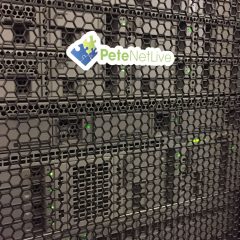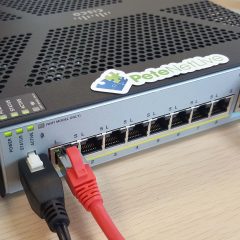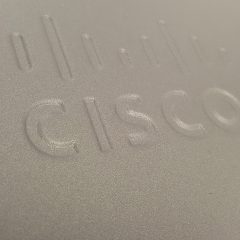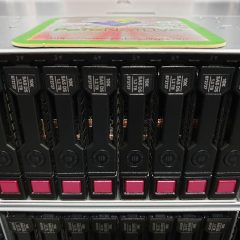Ubuntu – Initial Setup, Restricted Extras, Screenlets and Cairo Dock
KB ID 0000407 Problem You have taken the plunge and installed Ubuntu, what are you going to do next? Here’s some stuff to make your experience a little bit better. Solution Restricted Extras installs flash, Java, Some Codec Packs and the Microsoft core font pack. Screenlets are a collection of desktop Gadgets/Widgets. And Cairo dock is a customisable screen dock/launch pad for your applications. Related Articles, References,...
AnyConnect Error: ‘The AnyConnect package on the secure gateway could not be located’
KB ID 0000406 Problem While attempting to connect to a Cisco firewall with a Linux client (In my case Ubuntu 10.10,) using AnyConnect you see the following error. Or on MAC OSX Error: Cisco AnyConnect VPN Client The AnyConnect package on the secure gateway could not be located. You may be experiencing network connectivity issues. Please try connecting again. Note: You may also see this error on a Mac OSX, or a Windows CE machine....
Cisco ASDM – Accessing with Ubuntu
KB ID 0000396 Dtd 11/02/11 Problem Even though I prefer to use command line, there are times I need to manage Cisco firewalls from the ASDM. To do this from my Netbook running Ubuntu 10.10 it was not as straight forward as I was used to. Solution In my scenario I’m using Ubuntu 10.10 Desktop Edition, Chrome as my browser, and the ASDM is running version 6.3(1). 1. Before we start I’m assuming you know what the ASDM is and...
Chrome (Linux) Installing x64 bit Flash Plugin
KB ID 0000385 Problem Did you know you can install Java and Flash with the Ubuntu Restricted extras pack? click here At the time of writing, Adobe have pulled the previous beta of x64 bit flash for Chrome, which is annoying because I am running it on my x64 Ubuntu 10.10 box. Solution To be honest more of a workaround than a solution, but you can get chrome to install the x32 bit version and it will run it as a separate...




